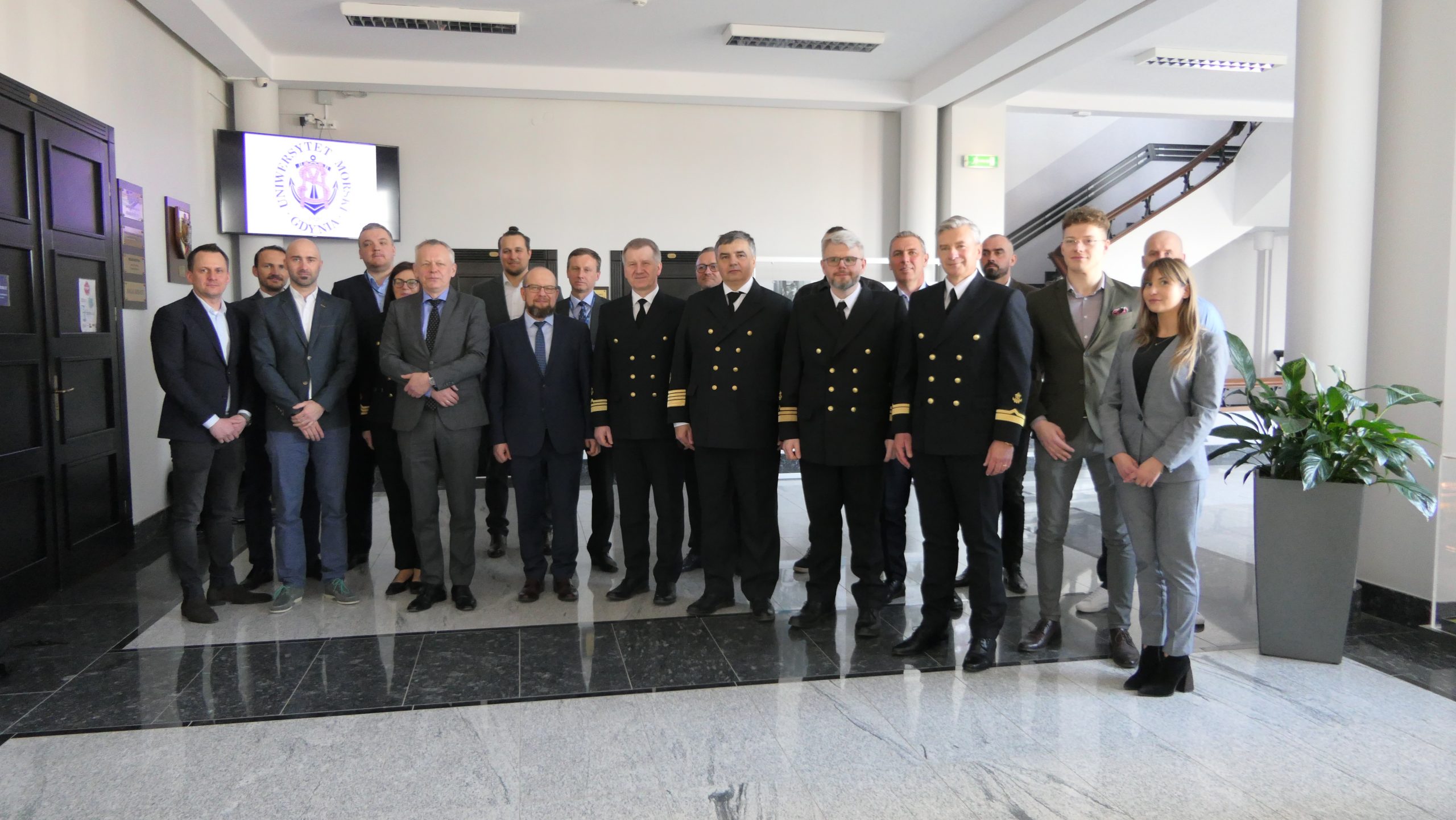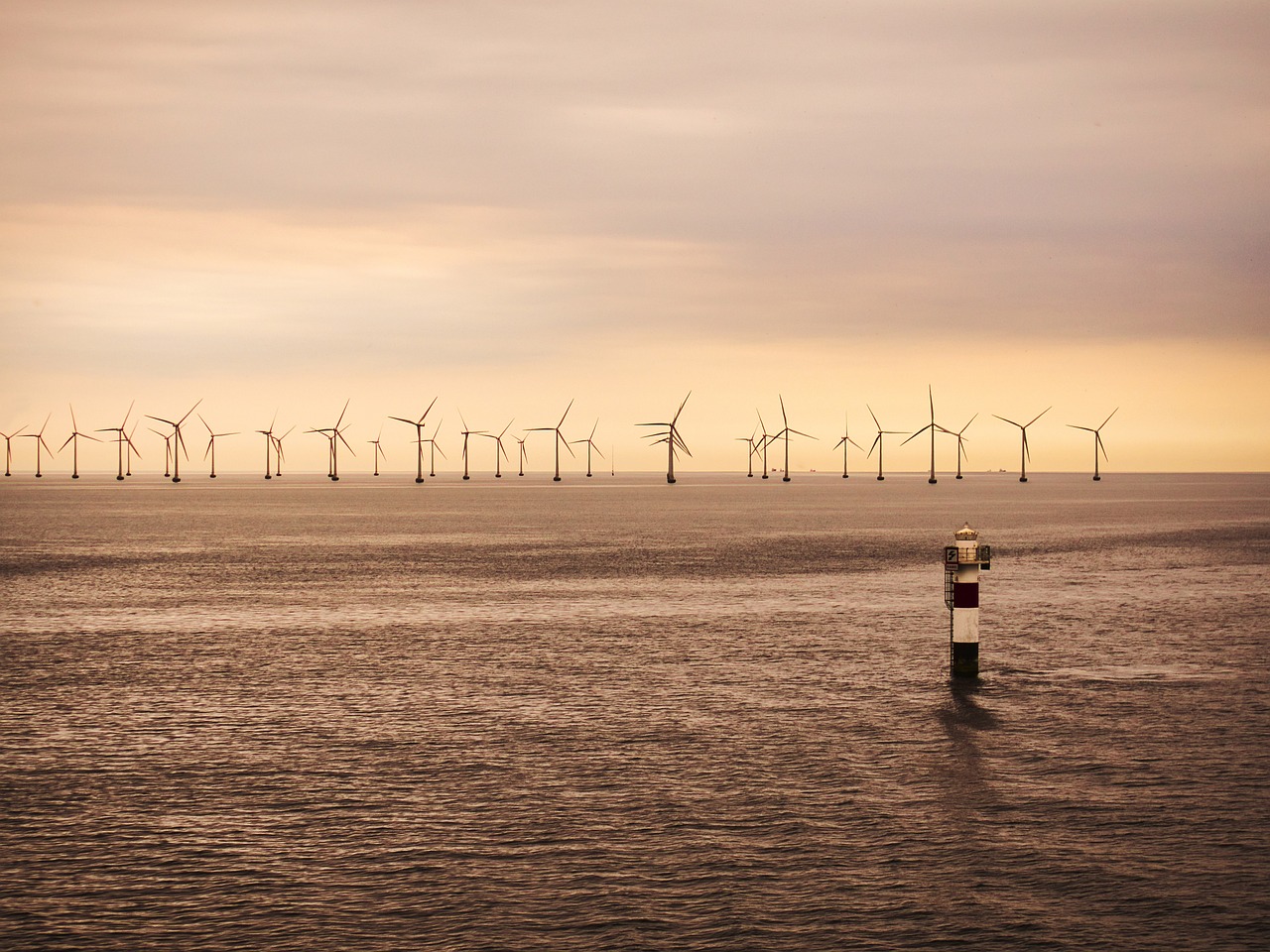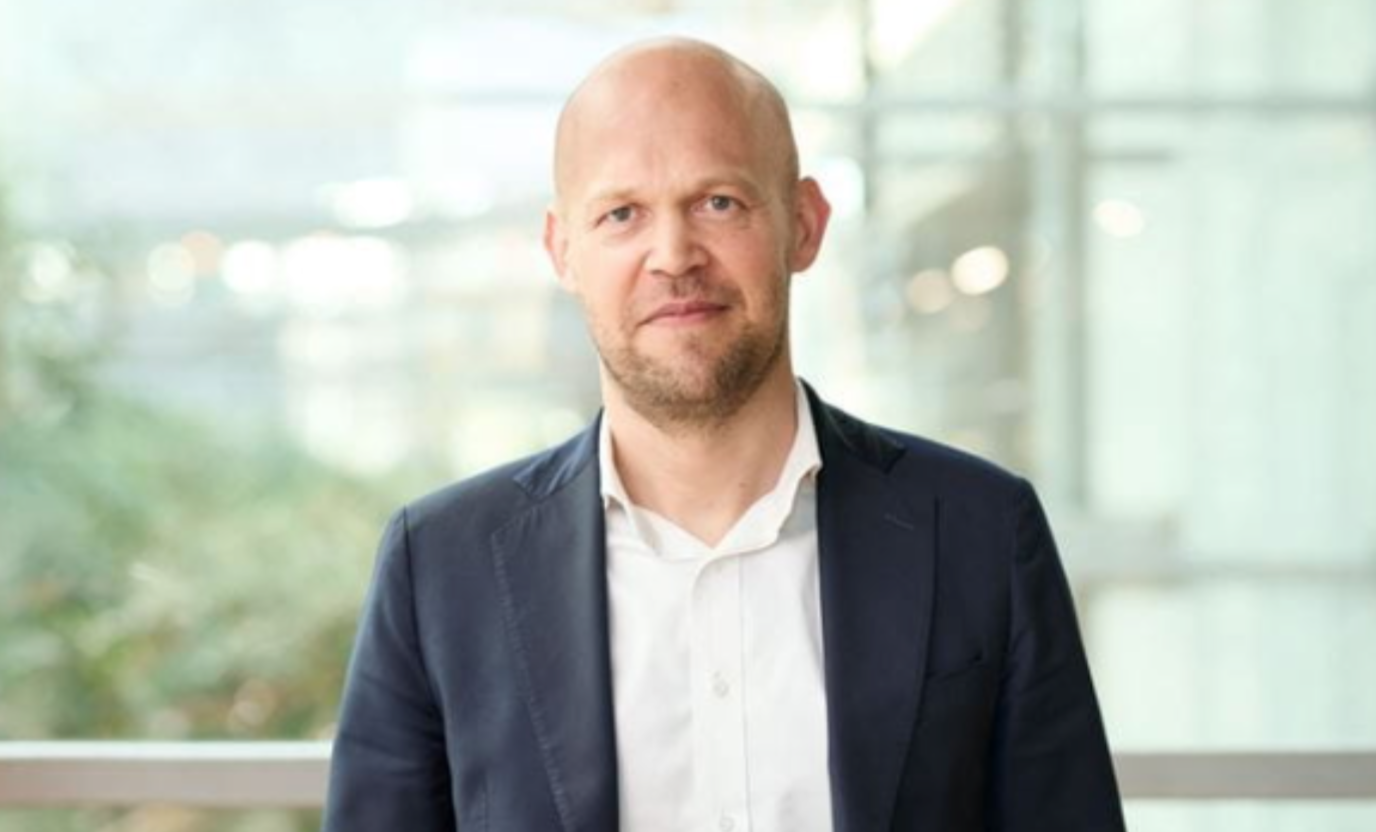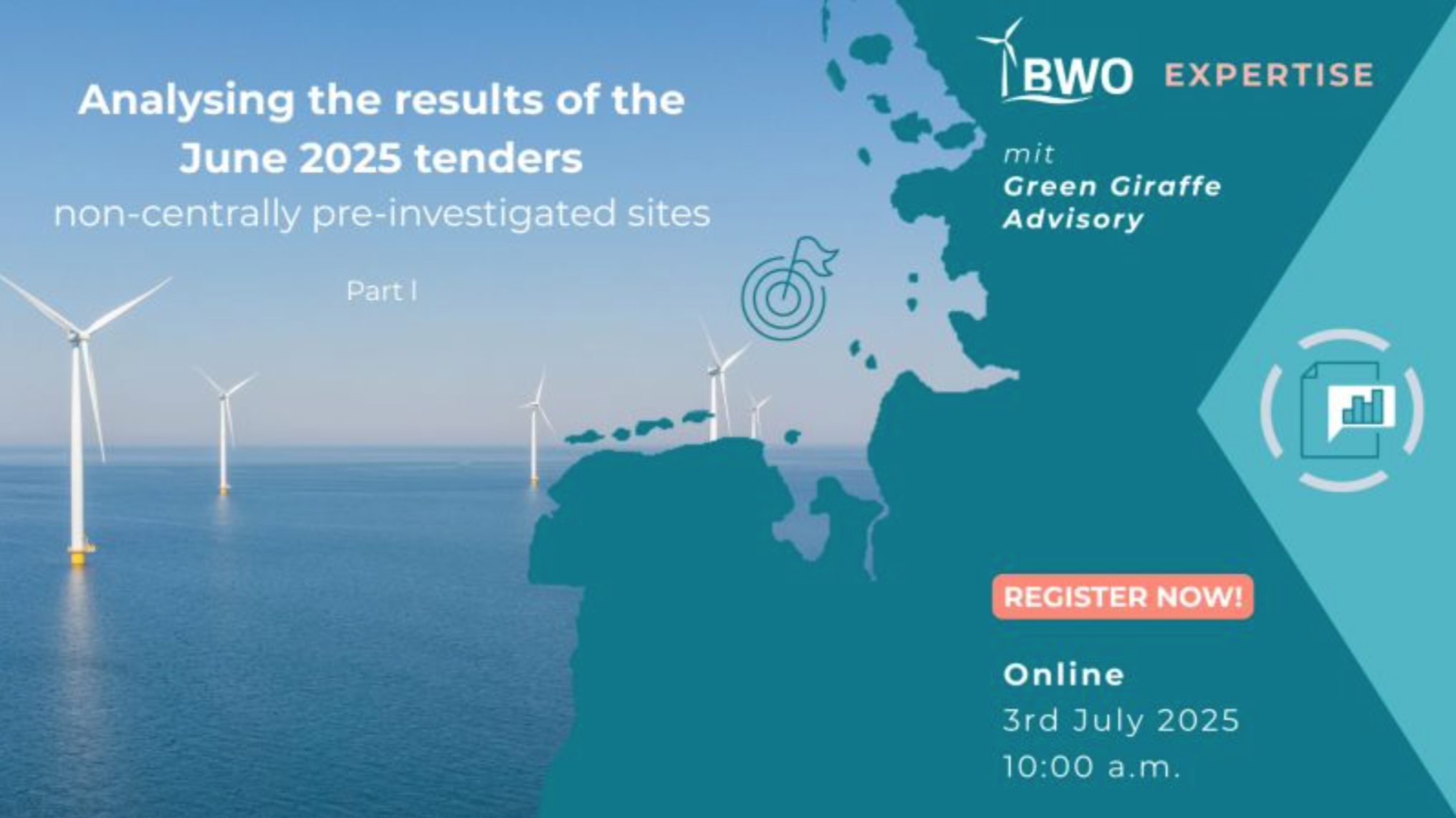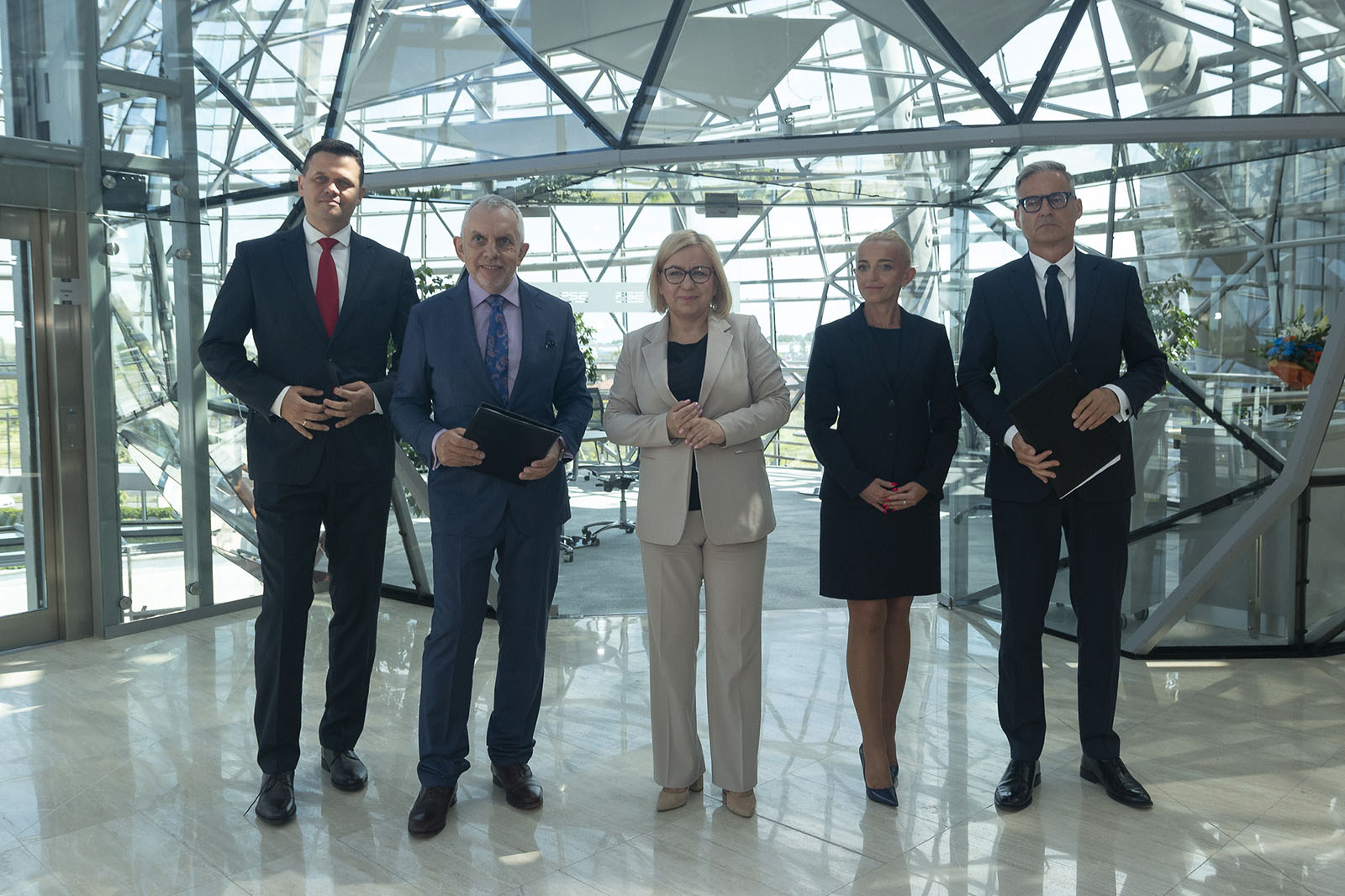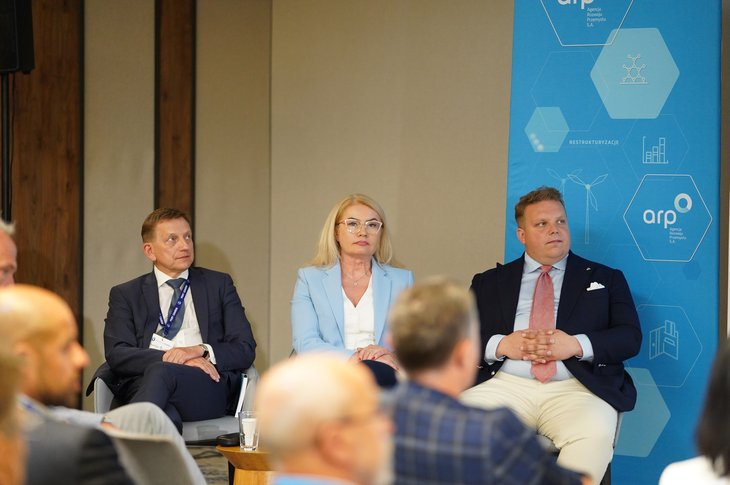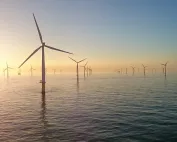March 25 marked the launch of the first Executive MBA program for the offshore wind energy industry in Poland, at the Gdynia Maritime University. Education of Polish offshore leaders was undertaken by the Offshore Wind Energy Center, also in Gdynia. BalticWind.EU will support the organizers as a media partner.
Gdynia Maritime University is a school educating future merchant navy officers, highly qualified specialists in ship operation, ports, transport system management, and other specialists for the maritime economy. This year’s studies are designed for candidates who already have work experience in companies related to the maritime industry and offshore energy sector, as well as for those with experience in other industries, planning professional activity in the offshore wind sector in Poland. The degree program is implemented in cooperation with the University of Applied Sciences Bremerhaven and the Business Academy SouthWest – leaders in management and specialist programs for the offshore wind energy sector in Europe.
Program graduates will gain unique skills sought after on the Polish and global offshore market and international qualifications confirmed by the prestigious international Executive Offshore Wind MBA diploma issued by Gdynia Maritime University and signed by University of Applied Sciences Bremerhaven and Business Academy SouthWest.
The new postgraduate program will be four semesters long. The teaching staff includes offshore wind energy experts as awell as lecturers and management practitioners from Poland, Germany, Denmark, and the UK.

The Polish Offshore Wind Energy Society is a contents partner of the Executive Offshore Wind MBA program. The British Embassy in Warsaw and the Embassy of Denmark have assumed honorary patronage of the program. Study partners are Polish and international companies from the offshore wind sector.
Responding to the needs of the European sector
Professor Adam Weintrit, PhD, DSc(Eng), Master Mariner, Rector of Gdynia Maritime University, emphasizes that two years ago, in November 2020, the European Commission defined a strategy for the development of offshore renewable energy, which assumes the development of offshore wind farms reaching over 60 GW in 2030 and 300 GW in 2050. In order to achieve such a level of installed capacity in offshore technology in Europe, investments worth EUR 800 billion will be necessary and, above all, competent staff that will be able to successfully manage such large investments.
– The programme fulfils one of Gdynia Maritime University’s strategic goals, i.e. educating highly qualified staff for the broadly understood maritime economy, which I, as the Rector of Gdynia Maritime University, am very pleased about, because it is fully in line with the University’s development programme – Weintrit added.
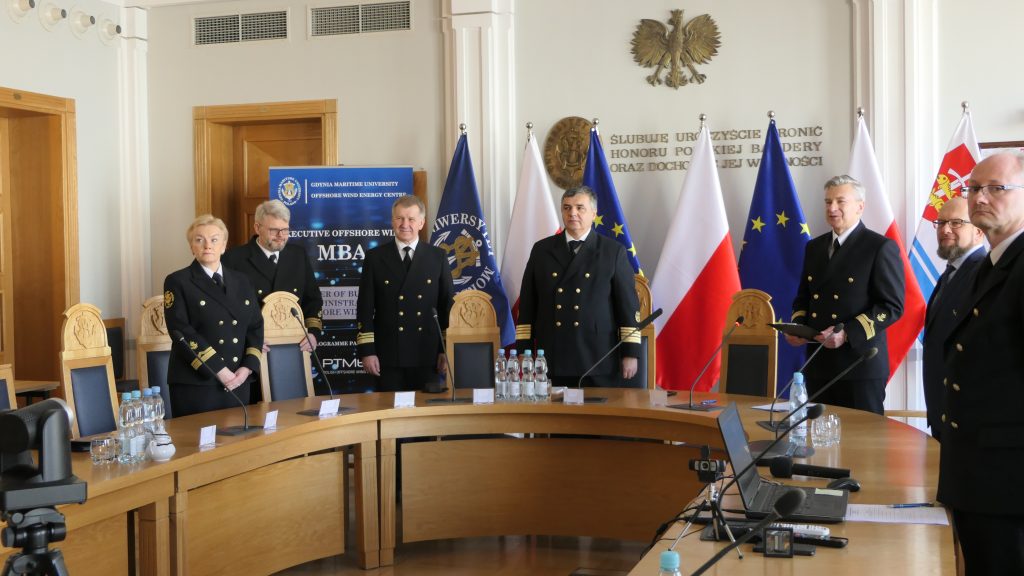
Deputy Rector for Education Sambor Guze, DSc, GMU Professor, emphasized that the structure of the program also targets the development of general managerial competencies.
– These are certainly not easy studies. It is conducted in English, and because we have set the bar very high for both ourselves and the students, we hope that these studies will be a transformative experience for them, said the Deputy Rector for Education Sambor Guze, DSc, GMU
Andrzej Popadiuk, Director of the Offshore Wind Energy Centre, predicts that graduates will be among the most sought-after managers in the Polish and international offshore wind energy industry. On the other hand, companies directing their employees to the Executive Offshore Wind MBA program will gain motivated staff, access to unique knowledge, and a huge amount of modern solutions.
Dr Tomasz Harackiewicz, PhD, Director of the Executive Offshore Wind MBA program, said that judging by the interest of potential participants, this will certainly not be the last edition of the studies.
– From the beginning of April we are launching the recruitment for the next edition of our program, which will start in October this year – summarized Tomasz Harackiewicz, PhD, Director of Executive Offshore Wind MBA program.
The program is based on current industry knowledge and experience as well as modern management practices. Specialized sessions are primarily led by companies and institutions that present the latest solutions and real-world examples. Classes cover topics such as strategic management, logistics and supply chain, project management, sustainability, project finance, and operational security. In total approx. 60 percent of the courses will be subjects developing universal managerial competencies, and 40 percent of the classes will address issues directly related to the OWE sector. The classes will be accompanied by many additional activities. There will be visits to laboratories, simulators, OWE companies, meetings with leaders and experts. Organizers also anticipate the opportunity to attend classes at partner universities abroad, the number of which will be gradually expanded.
